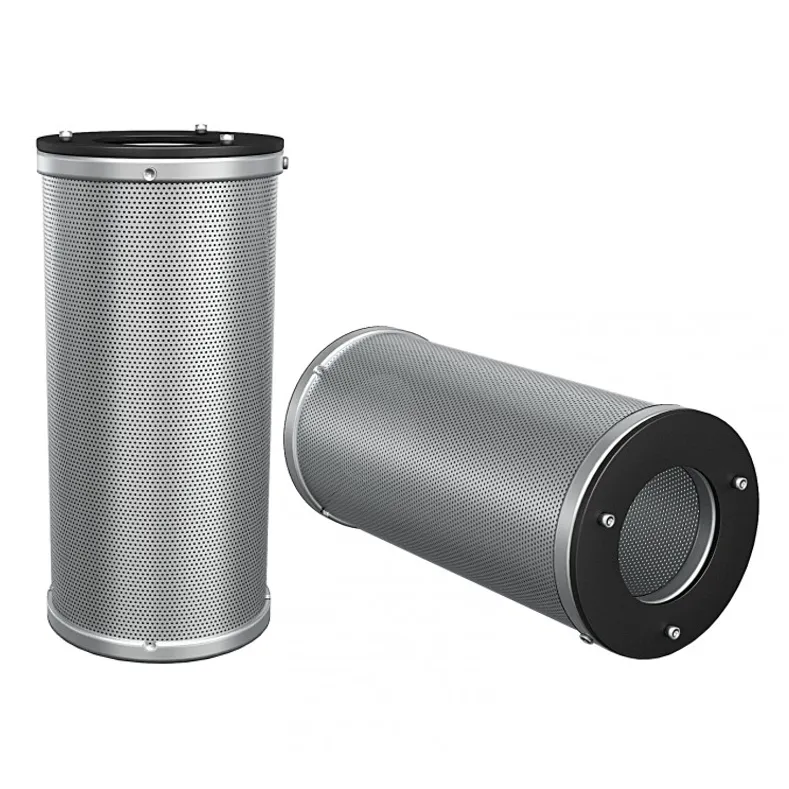 Tel:
+8615930870079
Tel:
+8615930870079
10월 . 16, 2024 12:41 Back to list
Optimizing Air Intake Filters for Gas Turbine Performance and Efficiency
The Importance of Gas Turbine Air Intake Filters
Gas turbines are critical components in various industries, including power generation, aviation, and marine applications. Their efficiency and performance largely depend on the quality of the air intake, which is why air intake filters play a crucial role in the overall operation of gas turbines. This article explores the significance of air intake filters, their types, and how they contribute to the longevity and efficiency of gas turbines.
Understanding Gas Turbines
Gas turbines work by drawing in air, compressing it, mixing it with fuel, and igniting this mixture to produce high-pressure exhaust gases that drive a turbine. This process generates mechanical energy used for electricity production or propulsion in aircraft. However, the quality of the air entering the system can significantly impact the gas turbine’s performance. Contaminants such as dust, dirt, and salt can cause erosion and reduce efficiency, leading to increased maintenance costs and potential downtime.
The Role of Air Intake Filters
Air intake filters are essential for ensuring clean air enters the gas turbine. They are designed to capture particulate matter and prevent it from reaching sensitive components within the turbine. By filtering the air, these devices not only extend the life of the turbine but also maintain optimal performance by ensuring that combustion occurs efficiently.
Types of Air Intake Filters
1. Mechanical Filters These filters operate through a physical barrier, often made of fibrous materials, that trap particles as air passes through. They are suitable for a range of applications and are typically reusable after cleaning.
2. Electrostatic Filters Using electrostatic charges, these filters attract and trap airborne particles. They are highly efficient, often capturing smaller particles that mechanical filters might miss.
gas turbine air intake filter

3. HEPA Filters High-Efficiency Particulate Air (HEPA) filters are designed to capture a minimum of 99.97% of particles that are 0.3 microns or larger. Their high efficiency makes them suitable for environments requiring stringent air quality standards.
4. Pre-filters These are often the first line of defense and are used to capture larger particles. By removing significant debris, pre-filters enhance the life of the more efficient main filters.
Maintenance and Monitoring
Regular upkeep of air intake filters is essential to ensure their effectiveness. Filters have a finite capacity to absorb particles; therefore, they require periodic inspection and replacement based on the operating environment. Factors such as location, seasonal changes, and industrial activities can influence how quickly filters become saturated. Monitoring systems can be implemented to assess differential pressure across the filters, indicating when maintenance is necessary.
Impact on Performance and Efficiency
The impact of air intake filters on gas turbine performance cannot be overstated. Clean air improves combustion efficiency, reduces emissions, and enhances power output. In contrast, dirty filters can lead to decreased airflow, resulting in reduced efficiency and increased fuel consumption. Furthermore, poor air quality can lead to component wear, forcing costly repairs or replacements that could have been avoided with proper filtration.
Conclusion
In conclusion, gas turbine air intake filters are vital for ensuring operational efficiency and longevity. By preventing contaminants from entering the turbine system, these filters play an essential role in the performance of gas turbines. Understanding the types of filters available and implementing a rigorous maintenance regime can lead to improved energy generation, reduced operational costs, and enhanced reliability. As industries continue to innovate and evolve, the importance of clean air intake will remain a cornerstone of gas turbine performance. Investing in high-quality air intake filters not only protects equipment but also contributes to a more sustainable and efficient energy future.
-
Types and Applications of Air Filtration CartridgesNewsJul.28,2025
-
The Role of Gas Turbine FiltersNewsJul.28,2025
-
Mastering Air Filter Cartridge UseNewsJul.28,2025
-
Advanced Turbine Filters for Modern Gas TurbinesNewsJul.28,2025
-
Cellulose Air Filter Cartridge Advantages in Dust FiltrationNewsJul.28,2025
-
Cellulose Filters for Air Particle ReductionNewsJul.28,2025

 Email:
Email:





